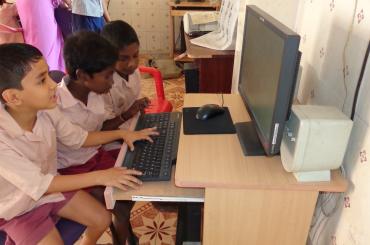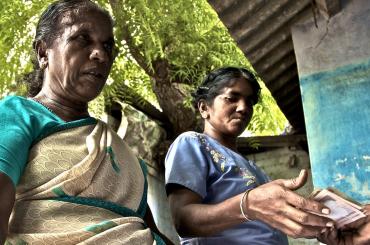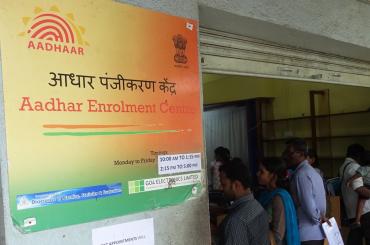

Karthik Muralidharan
Tata Chancellor's Professor of Economics, University of California, San Diego
Karthik Muralidharan is the Tata Chancellor's Professor of economics at the University of California, San Diego.
Born and raised in India, he earned an A.B. in economics (summa cum laude) from Harvard, an M.Phil. in economics from Cambridge (UK), and a Ph.D. in economics from Harvard. He is a Research Associate of the National Bureau of Economic Research (NBER), a Fellow and Board Member of the Bureau for Research and Economic Analysis of Development (BREAD), a Board member and co-chair of the Education program at the Jameel Poverty Action Lab (J-PAL), an Affiliate at the Center for Effective Global Action (CEGA), and a Research Affiliate with Innovations for Poverty Action (IPA).
Prof. Muralidharan's primary research interests include development, public, and labor economics. Specific topics of interest include education, health, and social protection; measuring quality of public service delivery; program evaluation; and improving the effectiveness of public spending (with a focus on developing countries). Courses taught include undergraduate and graduate classes in development economics, program evaluation, the economics of education, and the Indian Economy.
Recent work by Karthik Muralidharan
-

Reforming India’s public works scheme raised incomes
Improving the payment infrastructure for India’s National Rural Employment Guarantee Scheme raised incomes — mostly through increases in non-programme earnings
Published 30.10.23
-

Improving public sector management at scale
Well-designed programmes may be ineffective in practice, even with high compliance
Published 12.10.22
-

Improving last-mile service delivery using phone-based monitoring: Evidence from India
Monitoring a programme by calling recipients is a cost-effective way to improve implementation quality
Published 01.08.22
-

Getting bang for your buck on education spending: Evidence from Tanzania
Interventions aimed at alleviating multiple constraints are often needed to achieve the desired impact
Published 23.06.21
-

How technology can drive student performance
How does the use of education technology actually impact students in poorer regions of the developing world?
Published 19.08.20
-

Inclusive growth dividend: Reframing the role of income transfers in India
Could a universal supplemental income transfer, pegged at 1% of GDP, transform India’s anti-poverty strategy?
Published 15.07.20
-

Balancing corruption and exclusion: Incorporating India’s Aadhaar into public food distribution
Fighting corruption with India's new national ID system has cost some low-income households their benefits in the process
Published 17.04.20
-

Why studies should be conducted on a larger scale
Karthik Muralidharan and Paul Niehaus argue that when we test things at a small scale, they might not be predictive of how they perform at a larger scale
Published 10.10.18
-

Smartcards for smarter payments
Biometric technology and smart ID cards reduced leakage due to corruption and raised participation rates in the welfare system in Andhra Pradesh, India
Published 07.07.17